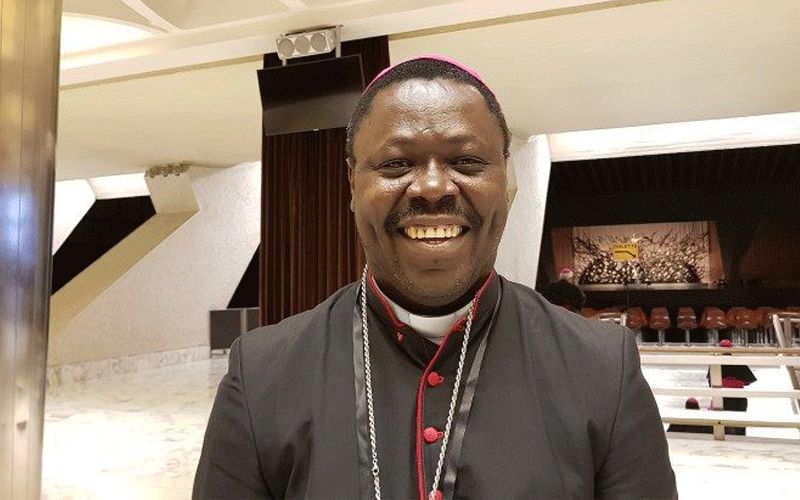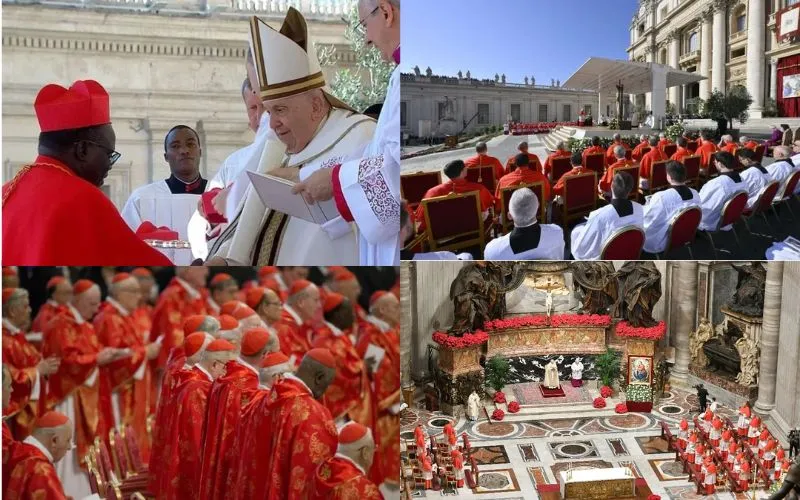Bossangoa, 02 October, 2020 / 9:12 pm (ACI Africa).
A Bishop in the Central African Republic (CAR) has, in a recent news report, highlighted the impact of insecurity in the country saying the people of God there have been left with a “sense of evangelical fragility and poverty.”
CAR continues to suffer “from prevailing insecurity and has paid a heavy price for the crisis affecting the whole country and whose effects continue to be also felt on the structures and organization of its parishes,” Bishop Nestor-Désiré Nongo-Aziagbia of CAR’s Bossangoa Diocese has been quoted as saying in the September 28 report.
Insecurity in the landlocked country has resulted in looting, vandalism, attacks on pastoral agents and restrictions on pastoral activities, Bishop Nongo-Aziagbia says, adding that the attacks leave the people of God in the country with a “sense of evangelical fragility and poverty.”
“We continue to observe with anxiety that some of our Catholic faithful behave in a manner that is not always equal to one’s Christian faith,” the member of the Society of African Missions (SMA) says.
He adds referencing the impact of insecurity to the people of God in CAR, “Some no longer believe in anything or anyone, to the point of leaving their fate in the hands of unscrupulous and unethical people who shamelessly exploit them.”








